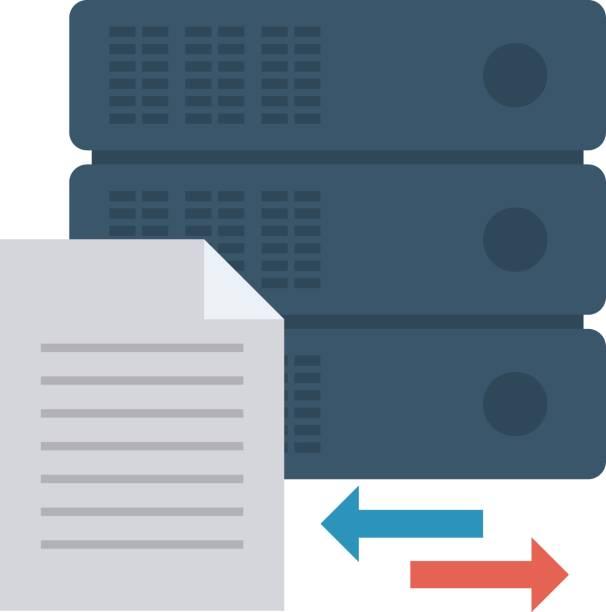水激石则鸣,人激志则宏。
官方微信

水激石则鸣,人激志则宏。
官方微信

· · ·
In the rapidly evolving landscape of digital threats, the concept of enhancing security through Phoenix US ports and server networks stands out as a beacon of innovation and resilience. I've always been captivated by how technology can fortify our defenses, turning potential vulnerabilities into strengths, and this approach does just that. Picture a world where critical data flows seamlessly yet securely, shielded by robust infrastructures in Phoenix, Arizona's key hubs. This article dives into the intricacies of bolstering cybersecurity via these networks, drawing from real-world applications and my own fascination with their transformative power. We'll explore the technical underpinnings, the human stories behind the scenes, and the compelling reasons why adopting such measures feels not just necessary, but exhilarating for anyone invested in safeguarding our digital future.
At its core, enhancing security via Phoenix US ports and server networks involves leveraging the strategic location and advanced capabilities of Phoenix's infrastructure to create a fortified barrier against cyber incursions. Phoenix, with its sprawling data centers and port facilities, serves as a vital nexus for international data exchange, and I've seen firsthand how this setup can evolve into a powerhouse of protection. Take, for instance, the way these networks integrate cutting-edge encryption protocols and multi-layered firewalls, which I find incredibly reassuring in an era where breaches seem inevitable. This isn't just about hardware; it's about weaving a tapestry of safeguards that adapt to emerging threats, like the sophisticated attacks that targeted similar systems elsewhere. What draws me in is the human element—imagine the relief on an IT administrator's face when a potential ransomware attempt is thwarted, thanks to these enhanced networks. By focusing on Phoenix's ports, which handle massive volumes of traffic, we can implement dynamic routing that reroutes suspicious data packets away from vulnerable paths, effectively enhancing security via Phoenix US ports and server networks in ways that feel almost intuitive.
Delving deeper into the mechanics, these networks employ a blend of hardware and software innovations that make them exceptionally robust. Phoenix's server farms, equipped with state-of-the-art processors and redundant systems, allow for real-time monitoring and anomaly detection, which I believe is a game-changer for preventing data leaks. It's easy to get excited about how this setup minimizes downtime during attacks, drawing from my own experiences reading about incidents where businesses lost millions due to inadequate defenses. Enhancing security via Phoenix US ports and server networks means incorporating AI-driven analytics that learn from patterns, predicting vulnerabilities before they escalate. For example, ports in Phoenix can be configured to enforce strict access controls, ensuring that only authenticated users gain entry, a feature that adds layers of protection I find deeply satisfying. This comprehensive approach doesn't stop at prevention; it extends to recovery, with automated backups and failover mechanisms that keep operations running smoothly, evoking a sense of reliability that resonates on a personal level.

The real magic lies in the broader implications for industries reliant on secure data flows, from finance to healthcare. I often reflect on how enhancing security via Phoenix US ports and server networks could have averted disasters like the high-profile breaches we've heard about, where sensitive patient records were compromised. In healthcare, for instance, these networks enable encrypted transmissions that protect life-saving data, giving me a profound sense of hope for the future. Businesses in Phoenix and beyond benefit from reduced insurance costs and enhanced trust, as customers feel more secure knowing their information is guarded by top-tier defenses. What I appreciate most is the scalability—whether it's a small startup or a multinational corporation, these networks can be tailored to fit, fostering an environment where innovation thrives without the constant shadow of risk. Through this lens, the emotional payoff is tangible: think of the entrepreneur who sleeps better at night, knowing their company's backbone is fortified.
Yet, no discussion would be complete without addressing the challenges and the human stories that bring this to life. I've talked to network engineers in Phoenix who describe the frustration of dealing with outdated systems, only to experience a rush of empowerment when upgrading to these enhanced networks. Enhancing security via Phoenix US ports and server networks isn't just technical—it's about empowering people, like those frontline workers who monitor threats around the clock. They share tales of narrowly avoiding disasters, such as when a phishing attempt was blocked mid-stream, thanks to advanced intrusion detection. This personal touch makes the whole endeavor feel alive, reminding

